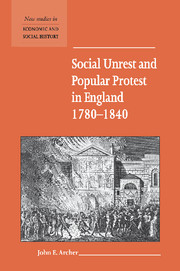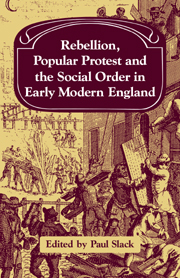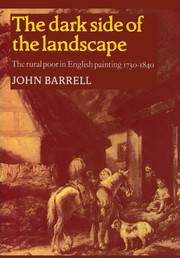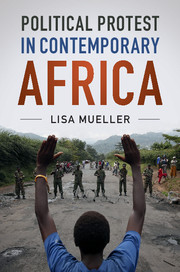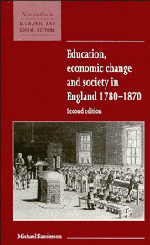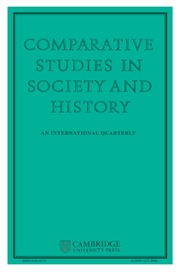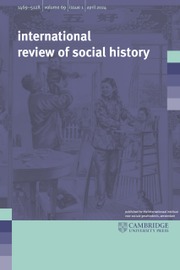Social Unrest and Popular Protest in England, 1780–1840
This book, first published in 2000, examines the diversity of protest from 1780 to 1840 and how it altered during this period of extreme change. This textbook covers all forms of protest, including the Gordon Riots of 1780, food riots, Luddism, the radical political reform movement and Peterloo in 1819, and the less well researched anti-enclosure, anti-New Poor Law riots, arson and other forms of 'terroristic' action, up to the advent of Chartism in the 1830s. Archer evaluates the problematic nature of source materials and conflicting interpretations leading to debate, and reviews the historiography and methodology of protest studies. This study of popular protest gives a unique perspective on the social history and conditions of this crucial period and will provide a valuable resource for students and teachers alike.
- Outlines all the main debates
- Examines all forms of protest
- Synthesises the vast literature on social history into one concise study
Reviews & endorsements
"The coverage is well balanced and inclusive....In short, this is a valuable, highly readable book that very ably assembles current knowledge, containing original pointers to the way the subject should now develop. I recommend it warmly for all levels of study." Labour
"A fine addition to the Cambridge University Press series....Archer's historiographical survey of social unrest and popular protest is especially welcome, given the burgeoning interest in the subject..." Canadian Journal of History
"A useful, well-written study of the major subjects and their subdivisions." Teaching History
Product details
December 2004Adobe eBook Reader
9780511059407
0 pages
0kg
1 table
This ISBN is for an eBook version which is distributed on our behalf by a third party.
Table of Contents
- 1. Introduction: historiography, sources and methods
- 2. Agricultural protest
- 3. Food riots
- 4. Industrial protest
- 5. Political protest
- 6. Policing protest
- 7. A revolutionary challenge?
- 8. Conclusion.

